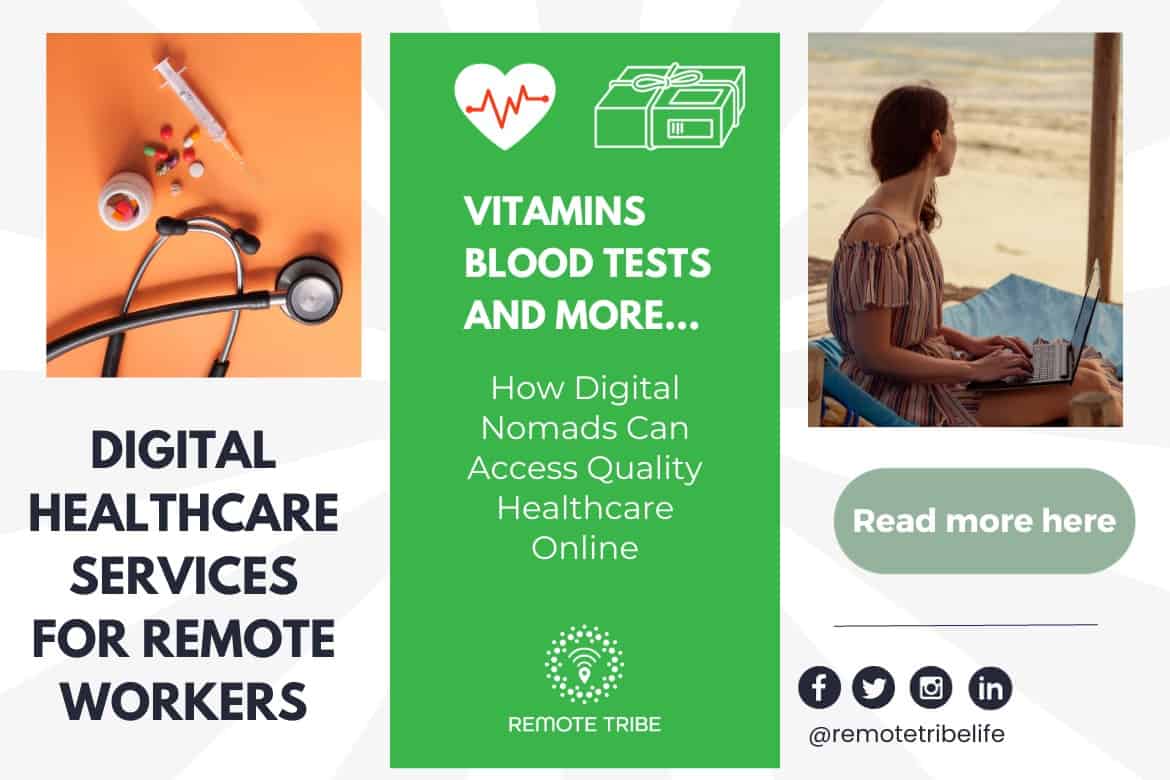Unlocking the Secrets of Subscription Based Healthcare for Better Patient Outcomes
Unlocking the Secrets of Subscription Based Healthcare for Better Patient Outcomes
Blog Article
The Increase of Subscription-Based Medical Care and Its Impact on Client Care
As health care advances, the subscription-based model is obtaining grip, guaranteeing to revolutionize person treatment by providing predictability and ease of access. The possibility for these designs to reshape medical care shipment raises pushing concerns concerning their lasting sustainability and inclusivity. Are these subscription solutions the future of health care, or do they risk leaving prone populations behind?
Recognizing Membership Healthcare Designs
Grasping the idea of subscription health care models includes examining a transformative technique to medical services that stresses affordability and availability. These models, usually referred to as direct medical care (DPC) or concierge medicine, have actually become ingenious alternatives to standard fee-for-service healthcare systems. Membership medical care allows clients to pay a set month-to-month or annual charge for a specified collection of medical solutions, which might include unrestricted workplace visits, routine examinations, and standard lab tests, without the need for standard insurance policy billing.
The structure of membership health care versions is made to streamline client treatment by getting rid of third-party payers and intricate payment codes, therefore reducing administrative concerns. Health care carriers can concentrate extra on individual treatment, cultivating more powerful patient-provider relationships. This model likewise advertises preventative treatment by motivating routine sees, as the economic barrier of per-visit fees is gotten rid of.
The registration design commonly equips health care suppliers to handle smaller sized client panels, enabling more tailored treatment. It lines up financial motivations with individual health and wellness outcomes, as providers are encouraged to keep individual fulfillment and wellness. Generally, comprehending subscription medical care versions needs recognizing their possible to reshape how treatment is delivered and accessed.
Advantages for Individuals and Companies

For suppliers, subscription-based models supply the opportunity to deepen patient-provider connections. With a stable revenue stream, healthcare experts can devote more time to every individual, resulting in a more thorough and tailored treatment experience. This model likewise reduces reliance above person quantities, easing burnout and improving task fulfillment. The focus on preventive care within membership strategies can lead to far better client end results and reduced long-term health care expenses. By concentrating on continuous treatment, providers can deal with issues before they rise, ultimately benefiting the medical care system overall by lowering the concern on emergency and acute care solutions.
Challenges and Worries
While subscription-based health care versions present many advantages, they likewise come with a collection of difficulties and concerns that should be attended to. This elevates honest questions regarding equitable access to health care solutions.
Financial sustainability of subscription-based designs is one more concern. Carriers need to stabilize the have a peek here fixed revenue from memberships with the variable prices of health care services, which might change due to unforeseen medical requirements. This can create pressure to limit services or rise fees, possibly affecting client complete satisfaction and care high quality.
In addition, governing oversight of subscription-based healthcare designs is still progressing. The lack of standardized frameworks can lead to inconsistent solution high quality and accountability, complicating initiatives to guarantee patient security. Lastly, the integration of innovation-- usually a foundation of these models-- questions concerning data privacy and safety, as delicate individual details can be prone to breaches. Addressing these difficulties is essential for YOURURL.com the successful and equitable application of subscription-based health care.
Influence On Patient-Doctor Relationships
One significant impact of subscription-based medical care models on patient-doctor partnerships is the potential for boosted continuity and customized treatment. By embracing a membership model, doctors can handle a smaller client panel, enabling even more committed time with each person. This raised availability promotes a deeper understanding of a client's case history, way of life, and choices, enabling much more tailored treatment strategies and treatments.

Nonetheless, it is crucial to recognize that while subscription-based designs may profit those who can manage them, they can accidentally broaden healthcare variations. People who are not able to take part in these versions might experience lower access to individualized care, possibly affecting their connections with medical care carriers. Thus, while the subscription model supplies encouraging benefits for patient-doctor partnerships, it also postures difficulties that require to be resolved to ensure fair health care access.
Future of Medical Care Access

The role of innovation can not be ignored in this improvement. Telemedicine systems and digital health and wellness documents assist in seamless communication between clients and health care providers, breaking down geographical and logistical obstacles. In addition, advancements in expert system and information analytics can better individualize treatment by predicting client needs and optimizing therapy strategies.
Nevertheless, the future of health care access likewise provides challenges, such as ensuring equity throughout different socio-economic groups. Policymakers and medical care carriers have to work together to connect the electronic divide, making certain that subscription-based designs remain comprehensive and affordable. As these systems develop, they hold the promise of making healthcare much more available, reliable, and patient-centric.
Final Thought
Subscription-based health care versions are reshaping individual treatment by supplying a secure price framework and improving access. The surge of subscription-based health care motivates aggressive patient involvement, which has the prospective to enhance client end results and satisfaction, signaling a transformative change in healthcare delivery.
As healthcare advances, the subscription-based version is acquiring grip, assuring to revolutionize person treatment by offering predictability and accessibility.Subscription-based healthcare models offer distinct benefits for both service providers and patients, boosting the total medical care experience.As health care systems progress, the future of health care access regularly hinges on the integration of cutting-edge versions and modern technologies.Subscription-based medical care versions are reshaping person treatment by giving a stable expense structure and boosting availability. The surge of subscription-based health care encourages aggressive individual involvement, which has the potential to improve client outcomes and fulfillment, indicating a transformative change in health care delivery.
Report this page